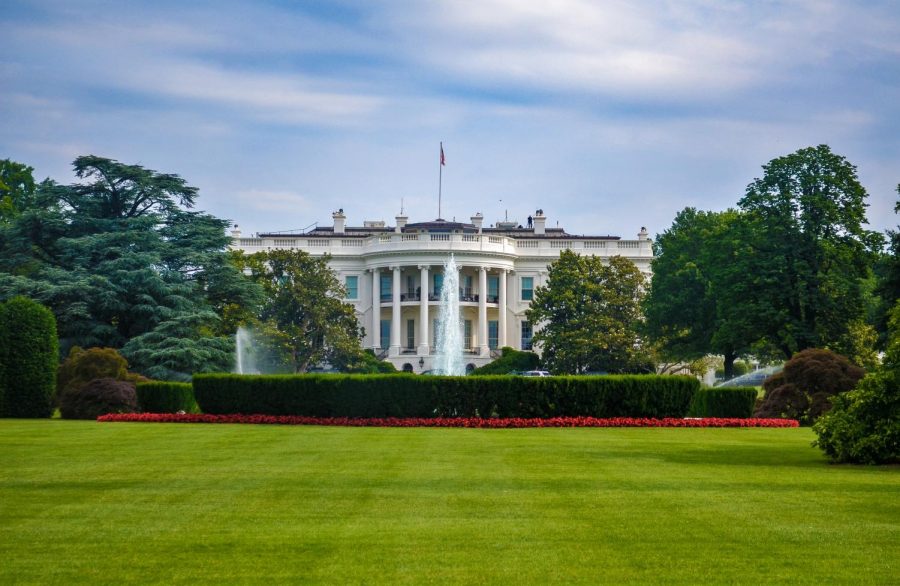OPINION: The differences between the Biden and Clinton campaigns
Through a rigorous primary season, a contentious general election season, a host of controversies and a pandemic, one thought has lingered in the minds of those who have closely followed the presidential election, no matter which candidate you support. With a strong polling advantage and a series of scandals that would end any other presidents’ career, it seems obvious that Joe Biden is on track to win the election, likely by a significant margin.
And yet, the thought lingers on, “That’s what they said last time.”
Those who supported Hillary Clinton in the 2016 election, and by equal measure those who supported President Trump know all too well that polling advantages don’t guarantee victory by any stretch of the imagination. Or do they?
When comparing the 2016 and 2020 elections, what seem like obvious parallels on the surface turn into two completely different scenarios. Though both Democratic nominees, Clinton and Biden respectively are longstanding public figures with years of government experience and exposure in the media, the two are fairly different candidates. Beyond the aesthetic differences, some of which experts say may have contributed to Clinton’s loss, the two have entirely different approaches to governing in general, and more importantly, different perceptions of their styles.
Accurate or not, Clinton was perceived to be artificial and cold. Though Biden has served a similar amount of time in government, such perceptions don’t hold with nearly the strength they did with Clinton. Biden is perceived to be a fundamentally decent person whose more moderate views, at least as they are perceived to be, have turned out to be a crucial asset in an election where many yearn for the comfort of a more stable administration.
This lack of genuine critiques against Biden is best illustrated in President Trump’s own attacks against him. The moniker that has persisted the most from the Trump campaign has been “Sleepy Joe:” an accurate if lackluster attack from the man who was able to effectively tear down both his opponents in the 2016 Republican party and Clinton herself with nothing more than nicknames and persistence.
The other key difference between the two elections, and the reason many are likely to vote against the president is the fact that Trump is now the incumbent. When President Trump was nothing more than an idea, and a far fetched one at that, there was a lot less at stake when voting for him. However, after four years of an in-office Trump, many now have a tangible reason to not give the president a second chance.
And finally, the most persistent comparison between the two elections is the similar polling advantage both Democratic nominees have shared. The primary reason many are hesitant to believe Biden is on track to win is also one of the most misunderstood aspects of this election cycle. It is not incorrect to assert that Clinton was heavily favored to win the 2016 election according to most national polling.
Here’s the thing, the results of the election itself were favorable to Clinton, just not in the right states. Clinton won the popular vote by three million votes, a percentage that matches the popular polling itself, and lost the electoral college vote by a combined 80,000 votes across three states. At this point in the 2016 election, Clinton held a plus 4 to a plus 7 percentage point lead over Trump which, while substantial, is significantly smaller than Biden’s plus 7 to plus 11 percentage point polling lead. A polling lead that has stayed consistent since the beginning in addition to a change in polling methods to ensure better accuracy means that Biden is overall in a much better state than Clinton was.
It’s ok to be skeptical, healthy even when trying to temper expectations. But at the same time, it is not healthy to ignore data in favor of a feeling. The 2020 election is not a repeat of the 2016 election, regardless of who the winner is. Unfortunately, with all that in mind, and Biden having every reason to believe that he will likely be the next president, it’s just as likely that most people will wait until election day, to say the same. Regardless of who you are backing, the channel that anxiety into supporting your candidate, and above all else, put your worry where your mouth is and vote.












